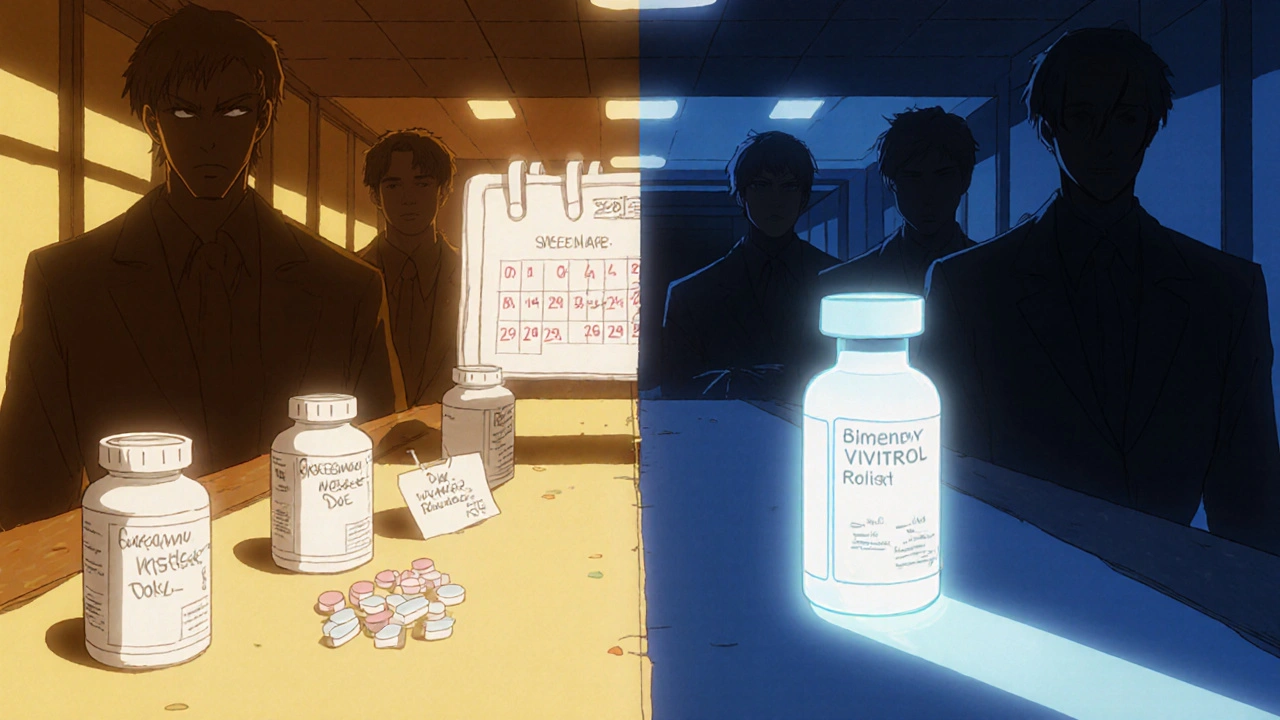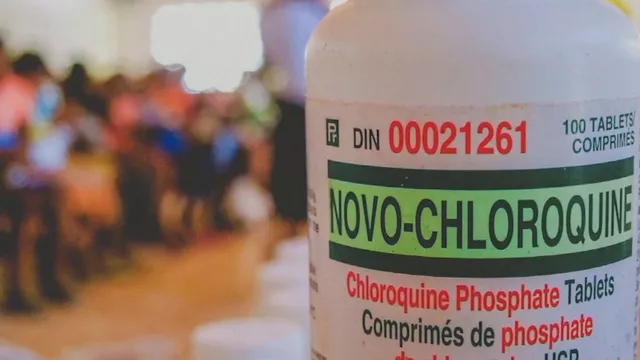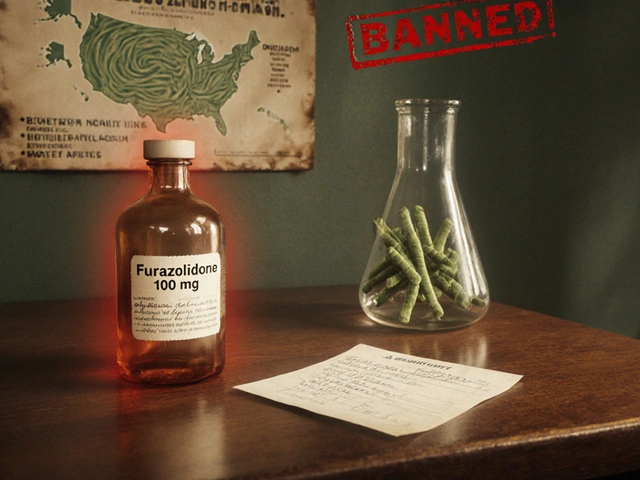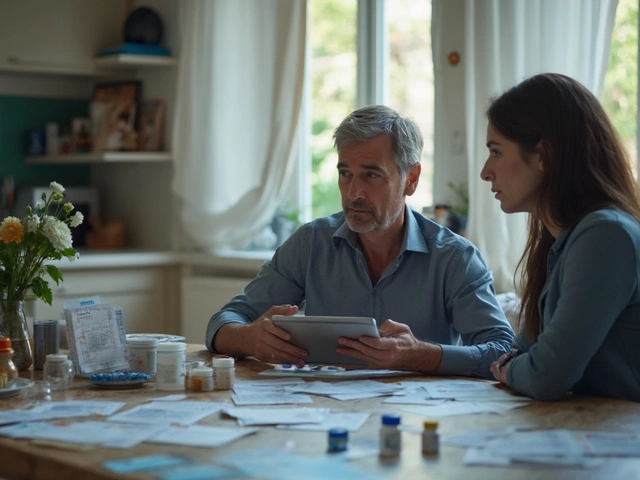Addiction Treatment: Medication, Counseling, and Disulfiram Alternatives
Want an option other than Antabuse (disulfiram) for alcohol dependence? You’re not alone. Disulfiram works by making drinking physically unpleasant, but it’s not right for everyone. Other medications target cravings, brain reward systems, or withdrawal symptoms and often pair better with counseling. This page breaks down practical choices and how to combine them into a plan that actually fits your life.
How medication alternatives work
Naltrexone blocks the brain’s reward from alcohol. It comes as a daily pill or a once-monthly injection (Vivitrol). People often pick naltrexone when avoiding aversive reactions is a priority—side effects can include nausea or sleep issues, so check with your doctor. Acamprosate helps after detox by calming the brain’s overactivity, which reduces cravings and makes daily sobriety easier. It’s best for people who are already abstinent or nearly there.
Some off-label options include topiramate and gabapentin. Topiramate can reduce heavy drinking by changing how the brain processes alcohol’s effects. Gabapentin helps with sleep, anxiety, and some withdrawal symptoms—useful during early recovery. Baclofen is another alternative used in some places for craving control. Each drug has pros and cons, so the right pick depends on medical history, other medications, and personal goals.
Counseling that makes meds work better
Medication alone rarely solves addiction. Counseling adds skills and structure. Cognitive Behavioral Therapy (CBT) teaches how to spot triggers and change drinking habits. Motivational Interviewing helps people find personal reasons to change, which boosts commitment. Contingency management uses rewards for staying sober—simple but powerful. Family therapy fixes communication and builds support, which lowers relapse risk.
Group formats also help. Peer support groups like SMART Recovery or mutual-aid meetings give ongoing accountability and tools you can practice between appointments. Combining a medication that reduces cravings with weekly CBT or regular support meetings gives better outcomes than either approach alone.
Practical tips: talk openly with your prescriber about past medications, liver health, and other drugs you take. Expect to adjust dose or try a different medicine if side effects or lack of benefit occur. Keep a medication calendar or pill box to stay consistent. Plan follow-ups at least monthly at first so your clinician can check progress and labs if needed.
If daily accountability helps, ask about the monthly naltrexone shot. If sleep or anxiety drove drinking, a short course of gabapentin plus therapy can ease that early period. If you prefer a clear no-drinking rule tied to a physical reaction, disulfiram remains an option—but only under medical supervision.
Talk with your doctor or an addiction specialist before changing any treatment. A tailored plan that mixes the right medication with focused counseling gives you the best shot at lasting change.
Naltrexone hydrochloride helps treat alcohol and opioid dependence, but alternatives like Vivitrol, Campral, and Suboxone may work better depending on your needs. Learn how they compare and what works best.
Read more
Compare Nicotex nicotine gum with patches, lozenges, and other quit-smoking aids. Learn which works best for cravings, cost, and long-term success - backed by Australian health guidelines.
Read more
This article explores how pairing Antabuse (disulfiram) alternatives with structured counseling can transform alcohol dependence treatment. It unfolds the science behind new medication options, highlights counseling methods that drive results, and shows how combining these tools creates a more potent path to recovery. Real-life tips, practical examples, and up-to-date research take readers deep into modern integrated treatment plans. Whether you're comparing current therapies or searching for a new approach, you'll get actionable guidance on making the most out of medication and counseling together. Discover how a truly blended treatment can set the stage for lasting change.
Read more








